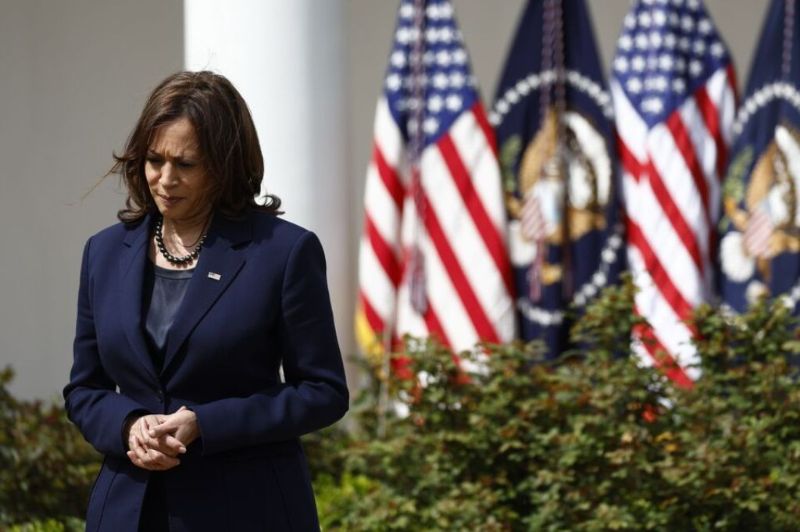Despite the Indian American community’s growing importance in American life, a political statement marked this year’s Diwali festivities, which saw widespread celebration across the United States.
US Vice President Kamala Harris recently hosted a Diwali event in Washington DC, a tradition gaining prominence over the years, showcasing the community’s increasing visibility in various aspects of American society. However, dissenting voices were not absent. Renowned Indian origin poet Rupi Kaur declined an invitation from President Joe Biden’s administration to participate in the event, citing concerns over its support for Israel and the Gaza bombardment.
Shekar Narasimhan, Chairman of AAPI Victory Fund, a political action committee mobilizing the Asian American community, observed that the official celebration of Diwali has elevated the profile of the Indian American community and its contributions. Despite this, Narasimhan believes this year’s Diwali celebrations at the official level in Washington, DC should be subdued due to ongoing conflicts worldwide.
The increasing recognition of Diwali extends beyond the federal government, with Sanjeev Joshipura, Executive Director of Indiaspora, highlighting its integration into various aspects of American life. Joshipura noted that city governments, school districts, and private sector companies are increasingly observing the holiday, contributing to the heightened visibility of the Indian American community.
In New York City, Diwali celebrations have reached record levels, with cultural institutions, schools, and museums placing significant emphasis on the festival. Efforts to recognize Diwali include legislation introduced by Assembly member Jenifer Rajkumar to make it a public school holiday, supported by Mayor Eric Adams and School Chancellor David Banks.
Despite widespread celebrations, a segment within the community chooses to boycott Diwali events as a political statement. Anu Seghal, Founder of The Culture Tree, noted that some are focusing on helping communities in need rather than participating in festivities. However, Seghal emphasized the symbolic importance of Diwali, representing the victory of light over darkness, hope over despair, and knowledge over ignorance.
Rupi Kaur’s decision to reject the White House invitation is viewed as a significant move, indicating the growing self-confidence of the Indian American community. Robinder Sachdev, President of Imagindia Institute, sees Kaur’s rejection as the first instance of any person from the global Indian diaspora refusing a White House invitation on a matter of principle. While acknowledging the rejection may not impact the community’s profile, it is viewed as a sign of empowerment for high-profile personalities to express disagreement with the policies of the White House.

